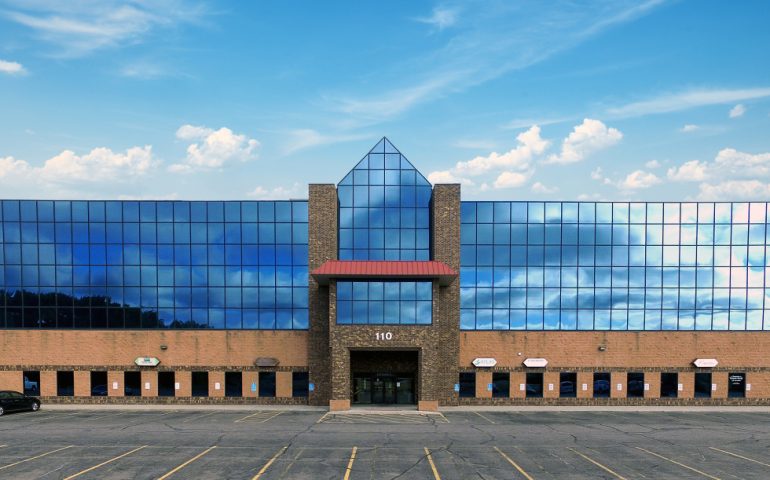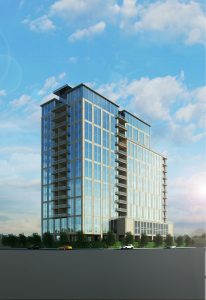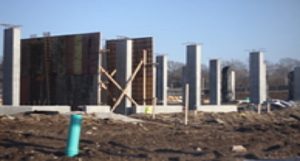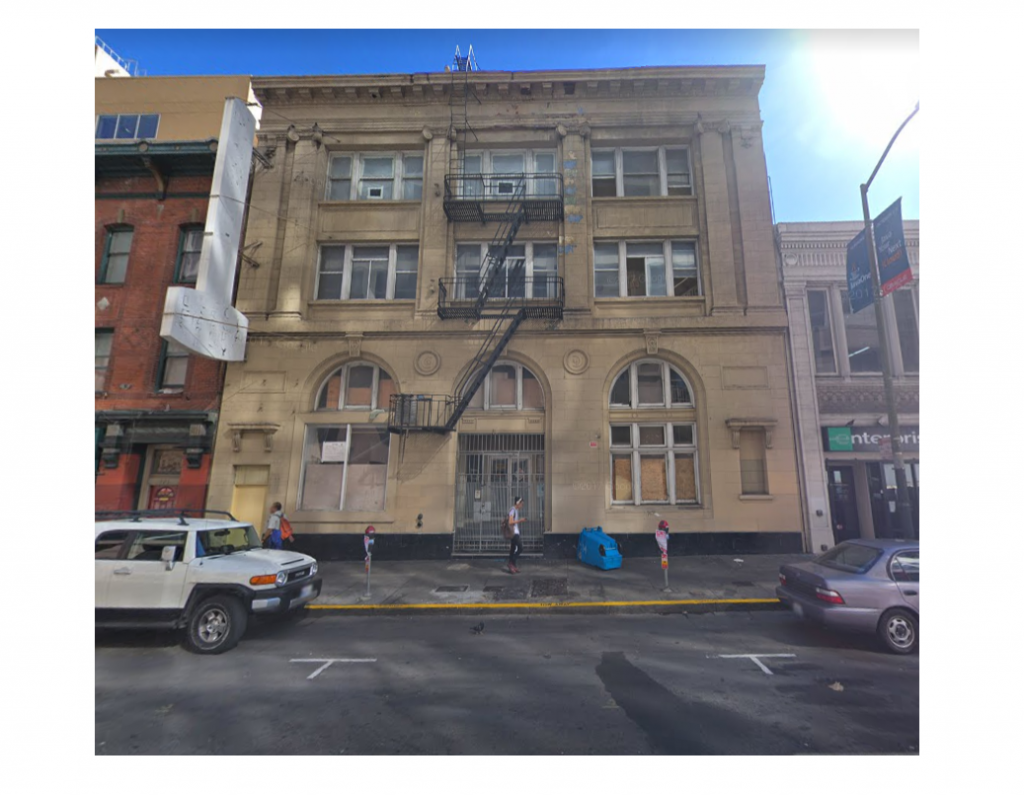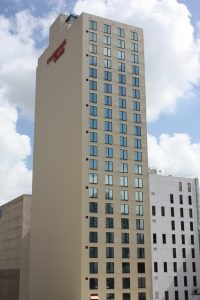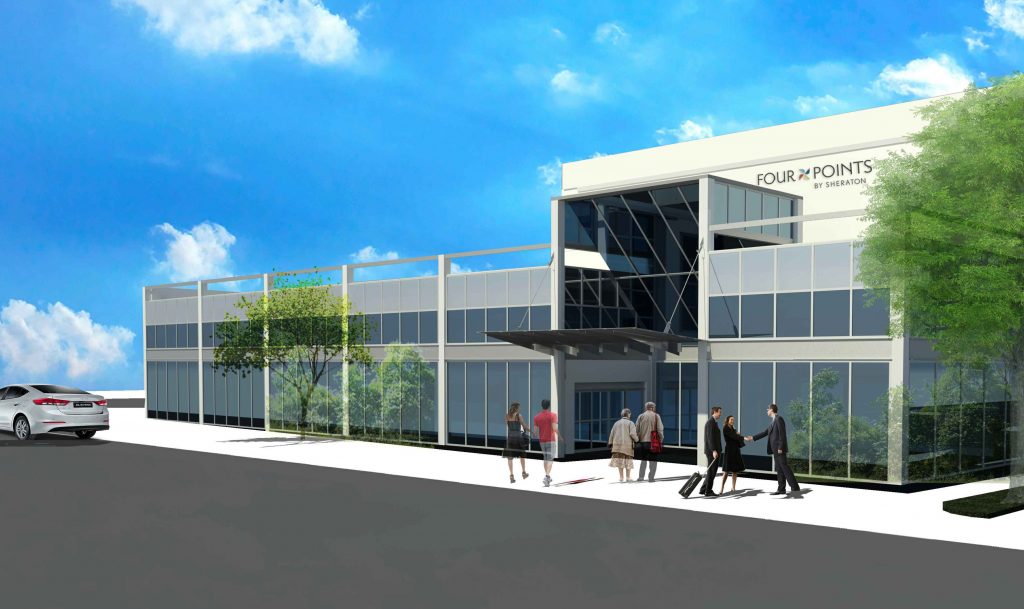SAN ANTONIO, Texas (Feb. 25, 2018)
Mission Capital Advisors announced that it represented Entrada Partners in the sale and financing of a 484,369-square-foot industrial portfolio in San Antonio, Texas. The Mission Capital team of Will Sledge and Kyle Kaminski arranged the sale on behalf of both Entrada and the seller, a CMBS special servicer. The Mission Capital Debt and Equity Finance team of Alex Draganiuk and Lexington Henn arranged the non-recourse acquisition loan.
The portfolio comprises four properties, three of which are located just inside I-410 in the northwest of the city, and the fourth just minutes away in Leon Valley. The portfolio’s total occupancy is 88 percent. The properties include:
-
• 7402-7648 Reindeer Trail, a five-building, 251,125-square-foot distribution property
-
• 1700 Grandstand Drive, a three-building property, which features 59,863 square feet of light industrial / flex space
-
• 7042 Alamo Downs Parkway, a 27,987-square-foot light industrial / flex property
-
• 5405 Bandera Road, a 145,394-square-foot distribution center just over the San Antonio border in Leon Valley
“Entrada was purchasing this property from a CMBS special servicer, and we were presented with a very limited timeframe in which to close the acquisition financing,” said Draganiuk. “With four properties serving as collateral and a fair amount of required maintenance, this was a complex deal for lenders to underwrite, but we were able to close a non-recourse loan with a regional bank.”
Added Draganiuk: “By canvassing the capital markets for the best offers, we were able to secure very strong terms for Entrada. The mortgage was structured interest-only for the first several years, and also featured release prices for the different properties, giving Entrada significant flexibility to execute its business plan.”
For Entrada, the four properties were attractive because of their significant upside as well as their geographic location. Headquartered in Los Angeles, the firm has a regional office and significant holdings in San Antonio, and is ideally positioned to unlock the portfolio’s full value.
“The investment represented a fantastic opportunity to expand our presence in the San Antonio market,” said Reuben Berman, founder and partner of Entrada. “We believe San Antonio provides a great investment environment due to its job and population growth, diversified economy, abundant work force and affordable cost of living. San Antonio is the 24th largest MSA in the United States, but has the 3rd highest population growth rate (15.5% between 2010 and 2017). This growth is naturally creating more demand for real estate to live and work in.”




